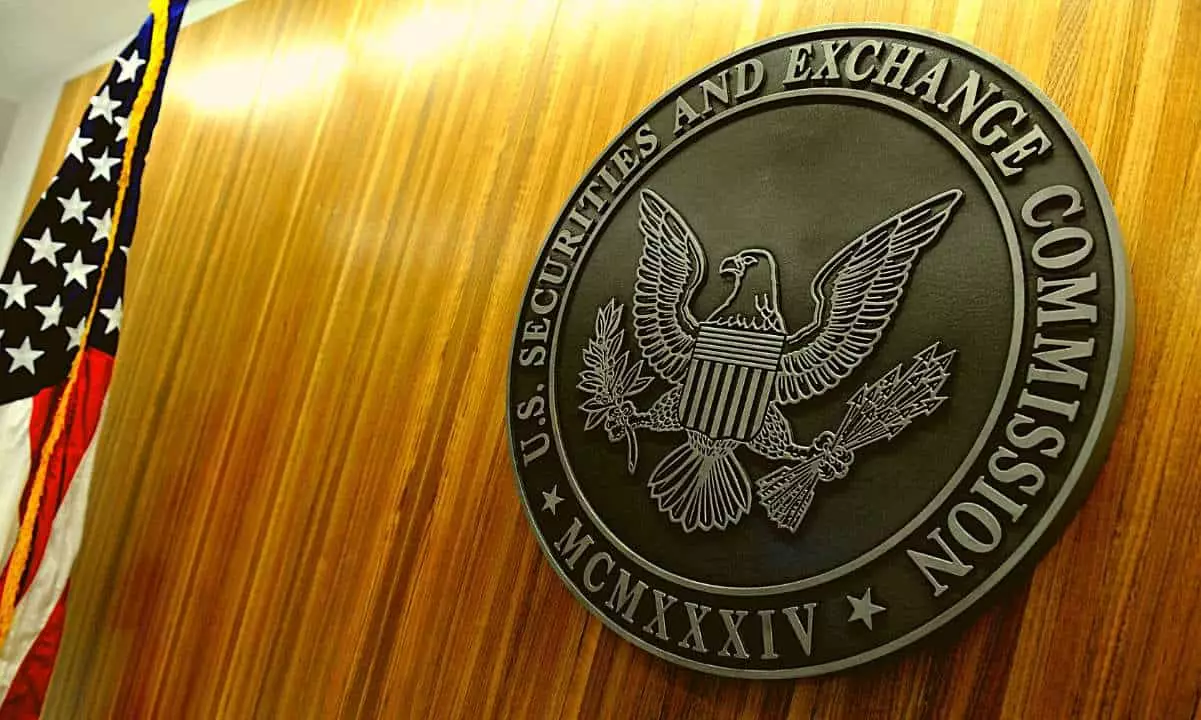The world of non-fungible tokens (NFTs) and blockchain gaming has gained immense traction in recent years, capturing the imagination of investors, artists, and gamers alike. However, with increasing interest comes scrutiny, particularly from regulatory bodies. CyberKongz, an NFT gaming project, recently found itself in the crosshairs of the United States Securities and Exchange Commission (SEC), following the issuance of a Wells Notice. This situation has sparked a heated debate about regulatory clarity and the future of blockchain-based gaming.
On December 16, CyberKongz announced that it received a Wells Notice from the SEC, indicating potential regulatory issues regarding its operations. This notification raises serious questions about the validity of the platform’s ERC-20 token integration within its gaming framework. Of particular concern to the SEC is the 2021 migration of the Genesis Kongz contract, which the agency has interpreted as a signal of a token sale. CyberKongz has countered these claims by asserting that the contract migration did not constitute a sale, but rather a necessary operational transition.
The Wells Notice serves as an initial warning that the SEC may pursue enforcement actions, although it does not directly accuse CyberKongz of any wrongdoing. The firm now faces a 30-day window to respond to these allegations, a critical period that could determine its next steps. This points to a broader issue within the NFT landscape: the lack of clear regulatory guidelines, which continues to impede the growth and development of blockchain projects.
The Pressure from Regulators: A Growing Trend
CyberKongz is not alone; it joins a growing list of companies facing similar regulatory scrutiny, including major players such as Coinbase, OpenSea, and Ripple. All these companies are grappling with a nebulous regulatory environment that leaves them vulnerable to potential enforcement actions. Notably, this escalation in scrutiny coincides with an increasing recognition of the economic significance of blockchain platforms and NFT markets, which have rapidly gained traction globally.
Such scrutiny highlights a critical dilemma in the innovation-driven space of Web3: how to foster an environment conducive to technological advancements while ensuring investor protection and compliance with existing laws. CyberKongz’s predicament underscores the urgency for a dialogue between regulatory bodies and industry leaders, to carve out a framework that accommodates growth without stifling innovation.
CyberKongz’s Response: Advocating for Clarity
In the aftermath of receiving the Wells Notice, CyberKongz has expressed disappointment with the SEC’s approach, emphasizing a commitment to contest the agency’s stance. The team openly criticized what they perceive as the SEC’s inability to differentiate between various operational activities within their ecosystem. They articulated a broader concern regarding the implications of treating ERC-20 tokens as securities, suggesting that such classification could have disastrous repercussions for the NFT gaming sector at large.
The CyberKongz team is positioning itself as a champion for clearer regulations in the NFT space, advocating for guidelines that will provide much-needed certainty. In their communications, they emphasized their determination to maintain transparency and continue engaging with their community, refusing to be silenced by regulatory pressures. This proactive approach might serve to galvanize support from players and creators within the NFT landscape, who also crave clarity from regulators.
As the debate regarding CyberKongz unfolds, the industry stands at a crossroads. The current regulatory environment necessitates a balanced approach to safeguard innovation while ensuring compliance. With the SEC’s increasing scrutiny on NFT projects, it is critical for the gaming community, developers, and regulators to engage in constructive dialogue to establish a transparent legal framework.
The implications of this Wells Notice extend beyond CyberKongz; they potentially signify a shift in how regulatory bodies might engage with the entire blockchain ecosystem. As CyberKongz prepares its response, one can only hope that their situation catalyzes more robust discussions leading to cohesive regulations that not only protect investors but also nurture the creativity and entrepreneurial spirit that NFTs uniquely embody.
The CyberKongz case serves as a vital reminder of the intricate ballet between innovation and regulation in the rapidly evolving landscape of blockchain gaming. With collective efforts aimed at fostering clarity, perhaps a more resilient and dynamic future for NFTs lies ahead.









